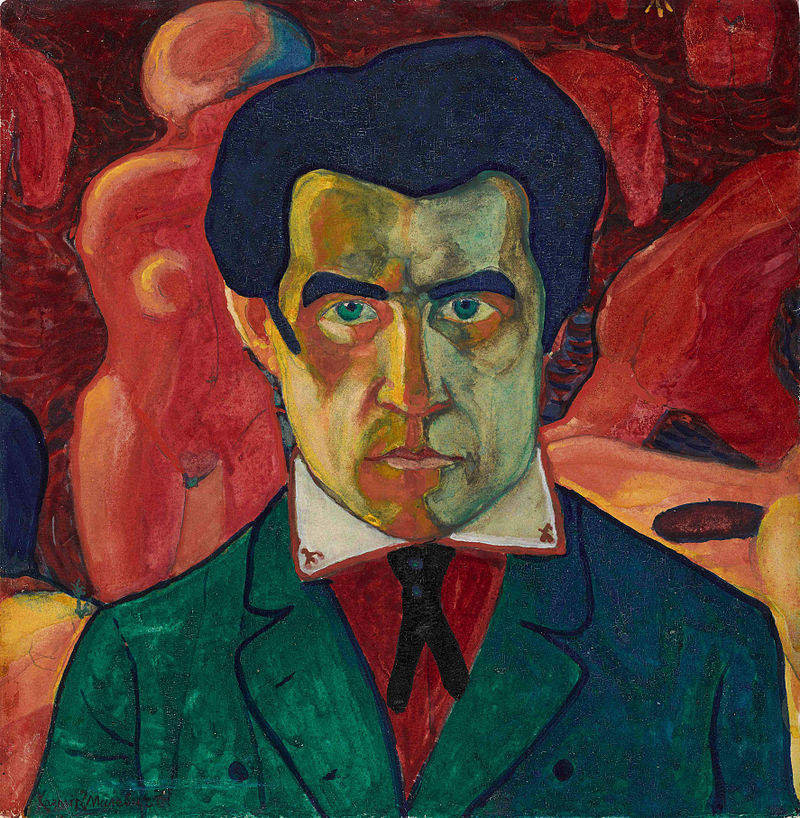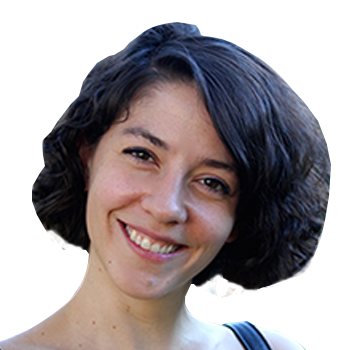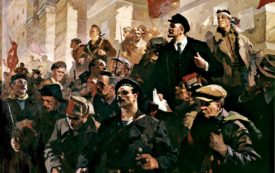

“When any conversation about the here and now is made impossible,” she writes in her 2014 essay “Today Before Yesterday,” To Stepanova, this form of collective memory is akin to lotus-eating, a denial of the present and a foreclosure of the future. The annexation of Crimea was treated as a kind of nostalgic imperial victory-the slogan “Crimea is ours” filled the Russian airwaves-and language from previous wars was used to justify new ones.

This bombastic, whitewashed image of the past became the principal interpretative lens through which the state media portrayed the present. As relations with the United States and Western Europe soured under Putin, the government inflated the cult of victory surrounding its role in World War II, holding huge military parades every May 9 and sponsoring an endless series of nationalist blockbusters that celebrated Russian war heroics. The government commemorated varied figures from the imperial and Soviet periods, erecting ugly new monuments to Vladimir the Great (who converted Kievan Rus to Christianity in the tenth century), Peter the Great, Marshal Zhukov, and Mikhail Kalashnikov. From the mid-Nineties onward, Russia, having lost its status as an imperial superpower, searched for a new national idea, a self-image that would impart a sense of dignity and purpose. It bears a startling resemblance to recent trends in the United States and Western Europe, where Trump supporters fly Confederate flags and Brexiteers recite Kipling, but its roots in Russia reach back to the fall of the Soviet Union. The Russian poet and essayist Maria Stepanova has aptly called this phenomenon “history as laughing gas,” a process by which those who feel deprived of power find vicarious dignity in the feats of their predecessors. People who found no place for themselves in the present resorted to a lethal form of dressing up: cosplay with real bullets. The conflict unspooled as a frightening, absurdist historical pastiche. There were banners celebrating Stalin and public floggings by costumed Cossacks. Elsewhere in separatist-held territories, lurid billboards urged a replay of the Soviet defeat of the Ukrainian nationalists led by Stepan Bandera during World War II.

In eastern Ukraine, he wore a White Guard haircut and mustache, and his troops sang civil war ballads. An obsessive reenactor of historical battles, Strelkov particularly enjoyed the Russian Civil War, often playing an anticommunist White Guard officer. $40.ĭuring the 2014 crisis in Ukraine, one of the more flamboyant separatist factions was led by a Russian named Igor Girkin, better known by his nom de guerre, Strelkov (“Shooter”). The Voice Over: Poems and Essays, by Maria Stepanova. Translated and with a foreword by Sasha Dugdale. War of the Beasts and the Animals, by Maria Stepanova.


 0 kommentar(er)
0 kommentar(er)
